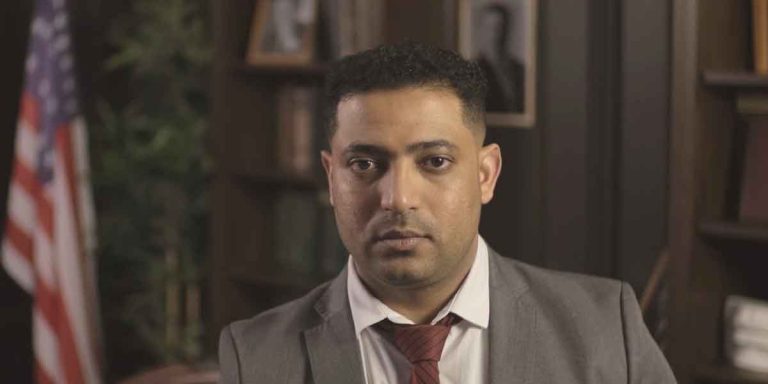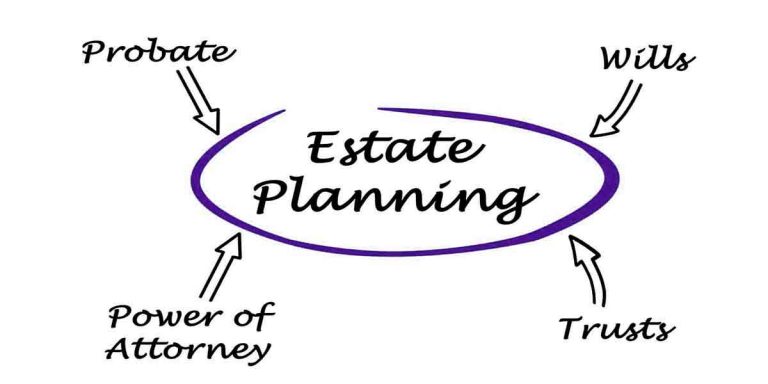Minimizing Estate Taxes for Your Heirs in New York City
Estate planning is not just about providing for your loved ones after you’re gone; it’s also about ensuring that they receive their inheritance with minimal tax liability. In New York City, where estate taxes can be significant, it’s crucial to implement strategies to minimize estate taxes for your heirs. This article will guide you through various approaches, exemptions, and legal options for effective estate tax planning.
1. Understand New York State Estate Taxes
New York has its own estate tax laws, and it’s essential to understand the thresholds and rates. As of my last knowledge update in January 2022, New York imposed estate taxes on estates exceeding $5.93 million. Estates below this threshold were not subject to state estate taxes.
2. Utilize the New York State Exemption
New York provides a state estate tax exemption for estates valued below the threshold. Leveraging this exemption is the most straightforward way to minimize estate taxes for your heirs. Ensuring that your estate falls below the exemption limit can significantly reduce or eliminate state estate taxes.
3. Consider Gifting Strategies
Gifting can be an effective way to reduce the size of your taxable estate. In New York, gifts made within three years of your death are included in your estate. However, there are annual and lifetime gift tax exclusions at both the federal and state levels. In 2022, the federal annual gift tax exclusion was $15,000 per recipient, and New York followed the federal exclusion.
Sample Gifting Strategy: You could consider gifting assets up to the annual exclusion limit to your heirs each year. Over time, this can substantially reduce the size of your taxable estate while providing financial support to your loved ones during your lifetime.
4. Establish Irrevocable Life Insurance Trusts (ILITs)
An Irrevocable Life Insurance Trust (ILIT) can be used to remove life insurance proceeds from your taxable estate. When properly structured, the death benefit paid to the trust is not subject to estate taxes. This strategy can ensure that your heirs receive the full life insurance benefit without any estate tax deductions.
5. Create a Qualified Personal Residence Trust (QPRT)
A QPRT allows you to transfer your primary residence or vacation home to an irrevocable trust while retaining the right to live in it for a specified period. After the trust term ends, the property passes to your heirs with reduced estate tax implications. QPRTs can be complex and require careful planning, so consult an attorney with expertise in estate tax matters.
6. Establish Family Limited Partnerships (FLPs) or Limited Liability Companies (LLCs)
For individuals with significant assets, FLPs or LLCs can be used to consolidate and manage family assets. By transferring ownership interests to these entities, you can leverage valuation discounts, reducing the overall value of your taxable estate. This can be particularly effective for business owners and those with substantial real estate holdings.
7. Consult with an Experienced Estate Planning Attorney
Estate tax planning in New York City can be intricate due to state-specific laws and changing federal regulations. To develop a comprehensive strategy tailored to your unique circumstances, it’s essential to consult with an experienced estate planning attorney. They can help you navigate the complexities of estate taxes, ensure compliance with current laws, and implement the most effective strategies for minimizing estate taxes for your heirs.
Conclusion
Estate tax planning in New York City requires careful consideration of state and federal laws, exemptions, and various strategies. By understanding the tax landscape, utilizing exemptions, considering gifting, utilizing trusts, and seeking professional guidance, you can minimize estate taxes for your heirs and ensure that they receive the maximum benefit from your legacy.
If you need assistance with estate tax planning in New York City, Morgan Legal Group is here to help. Our experienced attorneys specialize in estate planning and can work with you to create a customized plan that protects your assets and minimizes tax liability for your heirs.
































